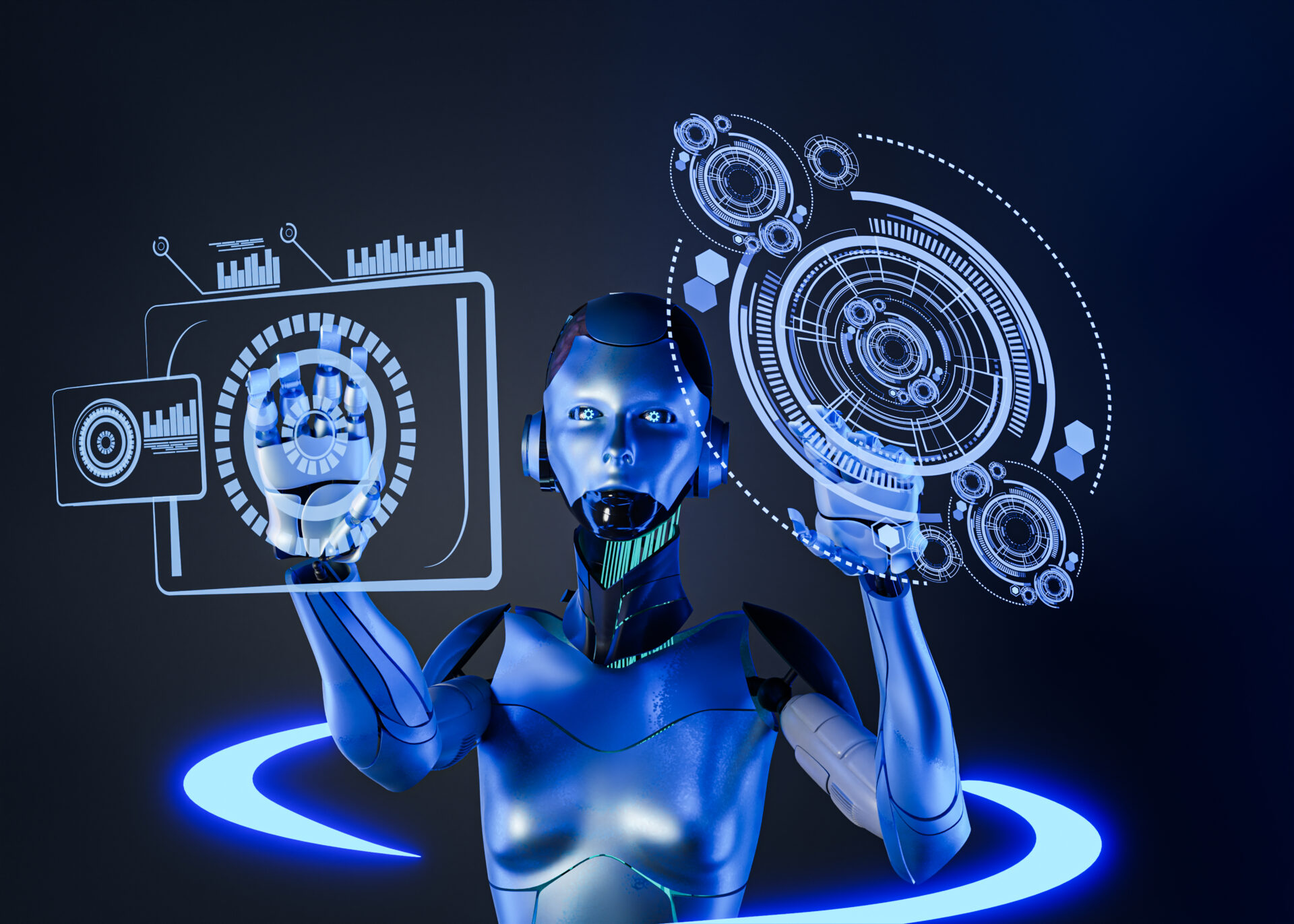Table of Contents
By 2025, artificial intelligence (AI) is no longer science fiction but an integral part of our everyday lives. From the manner in which we work and purchase goods to the way we learn and interact, AI is remaking our world in subtle as well as profound ways. What was previously the realm of tech behemoths and laboratories is now integrated into our morning routines, home choices, and even our well-being.
Smarter Homes, Smarter Living
Gone are the days when smart homes were a luxury. Now, AI-powered devices are common in households worldwide. Voice assistants do more than play music—they anticipate our needs, remind us of appointments, adjust lighting based on mood, and even manage energy consumption to cut down on bills. Smart fridges suggest recipes based on what’s inside, while robotic vacuum cleaners map rooms with precision, learning the best times to clean without disruption.
Transforming the Workplace
Today’s workplace in 2025 is highly integrated with AI tools. From AI virtual assistants scheduling to automated reports and AI insights, professionals can concentrate on strategy and creativity while repetitive tasks are done by AI. Remote and hybrid teams use AI-based collaboration platforms that translate languages in real-time, identify productivity blockages, and even augment video conferencing with smart features.
Online Shopping with Personalization
Online shopping is now a hyper-personalized journey, owing to AI algorithms that know us better than we know ourselves. Virtual try-on capabilities, AI personal shoppers, and behavior and sentiment-driven product suggestions are making shopping easier, quicker, and more pleasant. Even at bricks-and-mortar stores, AI improves inventory optimization, waste reduction, and cashier-less checkout experiences with ease.
Health and Wellness
Artificial intelligence is also taking a strong role in individual health. Wrist devices monitor vitals in real time, providing suggestions for improved sleep, stress management, and exercise. AI-based apps are now capable of recognizing early manifestations of mental illness or chronic diseases and encouraging users to get help before it’s too late. In hospitals, AI assists physicians with quicker diagnoses, medication discovery, and surgical support.
Learning Reimagined
Education is becoming more adaptive and personalized, with AI adapting lesson plans to suit individual learning styles. From helping a kid with maths or an adult learn a language, AI tutors give immediate feedback, monitor progress, and keep learners motivated. Schools and universities are using AI to forecast student performance and act before learning gaps materialize.
Smarter Transport, Safer Roads
Self-driving cars and artificially intelligent traffic systems are cutting travel times while making transportation safer. AI is used by ride-sharing apps to more effectively match drivers with riders, while public transit networks optimize in real-time to passenger traffic. AI also plays a primary role in logistics, getting products to consumers in shorter time while with less environmental impact.
The Challenges Ahead
Whereas AI enhances convenience and efficiency, it also stirs anxiety regarding privacy, bias, and the displacement of jobs. Who has control over the data that AI gathers? How do we make AI choices fair? These are pressing queries that society still struggles with as of 2025. Governments and the tech industry feel pressured to make open and ethical frameworks of AI centered around human prosperity.
Conclusion: A Powerful Ally—If Used Wisely
Artificial intelligence has subtly become our reliable co-pilot in daily life. Its presence cannot be denied—from alerting us to wake up to assisting us in sleeping more soundly. Yet, as we increasingly depend on AI, it becomes even more important to use it with mindfulness, accountability, and consideration of human values. The future isn’t so much about smarter technology as it is about how intelligently we decide to coexist with them.

